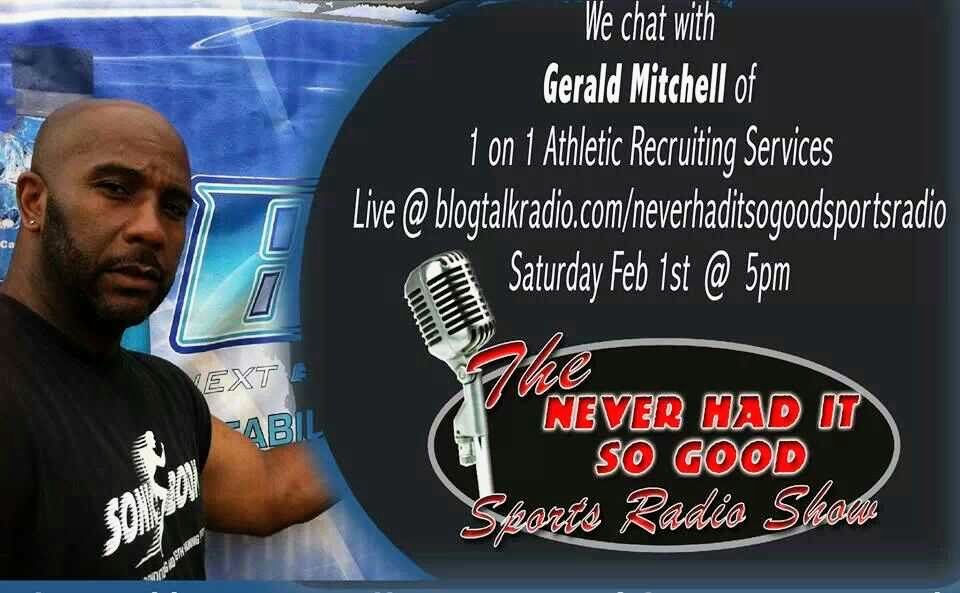
Is Eating at Night Bad for You? Not Always—Here’s What Athletes Should know
- Gerald Mitchell

- Jul 11, 2025
- 1 min read
At Mitchell Athletic Development, we focus on personalized performance strategies—and that includes when and what you eat. One of the most common myths in fitness is that eating at night is bad for you. While this might be true for the general population, it’s not that simple for athletes.
Some people experience bloating, poor sleep, and slower recovery when eating late—especially if the meal is heavy or processed. But for athletes who train in the evening or follow intense schedules, avoiding food at night can actually hurt their progress.
Why some athletes need nighttime meals:
Post-workout refueling
Muscle recovery and repair
Preventing overnight catabolism (muscle breakdown)
Managing energy needs for early morning performance
The key isn’t when you eat—it’s what and why you eat.
If nighttime nutrition fits your training schedule, focus on lean protein, slow-digesting carbs, and healthy fats. Think: a protein shake with oats, Greek yogurt with berries, or grilled chicken with quinoa and veggies.
Our job at Mitchell Athletic Development is to help you fuel with purpose. If you’re unsure whether nighttime eating supports your goals, we’ll build you a plan that works—with your training, recovery, and long-term development in mind.




Comments